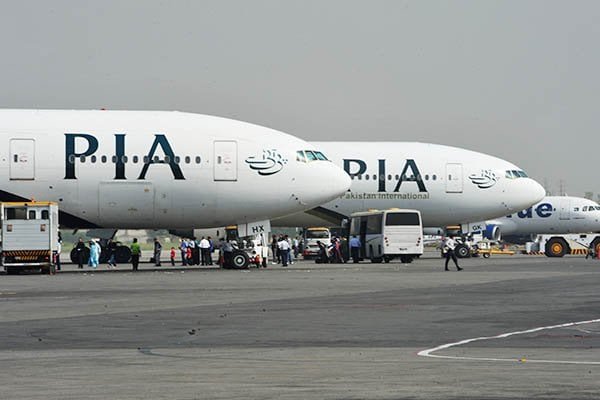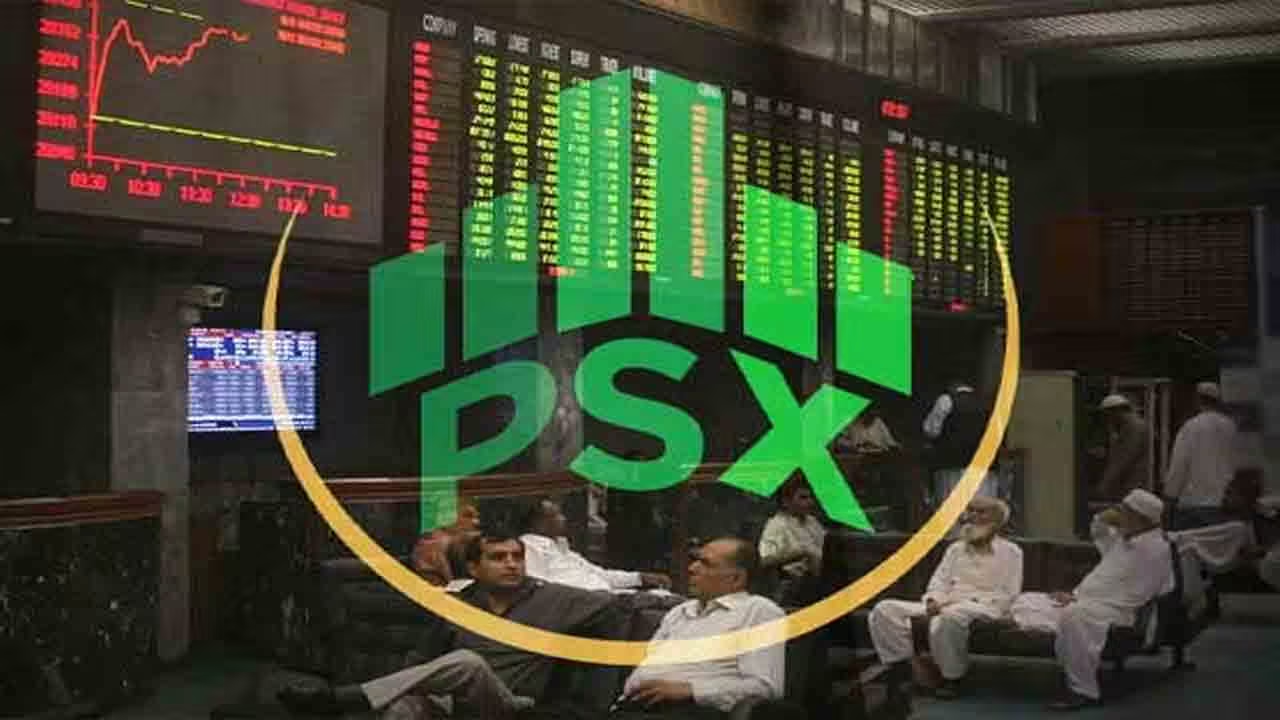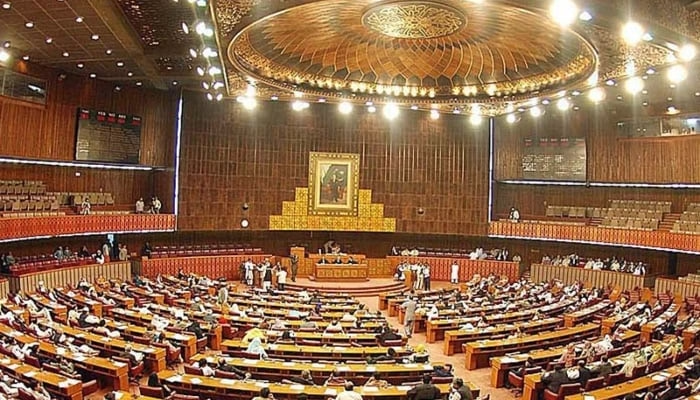The Economic Survey will outline key socioeconomic accomplishments from the outgoing fiscal year, despite the government’s failure to meet several crucial targets. Among these, the fiscal deficit has surged to 20% above the projected figures. Inflation also remained high, recorded at approximately 24.5%, exceeding the 21% target. However, the consumer price index (CPI) showed a notable decline between January and May, hitting a 30-month low of 11.8%.
This decrease in CPI prompted a 1.5% cut in interest rates, bringing them down from 22% to 20.5%. Although this reduction falls short of market expectations, it signals the beginning of a necessary rate cut cycle.
Pakistan’s GDP growth target was not met, primarily due to the industrial sector’s meager 1.21% growth. This stagnation is attributed to the high cost of doing business, driven by record-high borrowing costs and energy tariffs. These factors have diminished the competitiveness of Pakistani industries in global markets and curtailed domestic consumption as inflation severely eroded purchasing power.
In contrast, the agriculture sector demonstrated robust growth, achieving a 6.1% increase. This growth not only bolstered exports but also contributed to lowering food prices and the overall inflation rate.
The Economic Survey will offer a detailed account of these developments and set the stage for the government’s fiscal policies in the upcoming budget.z



